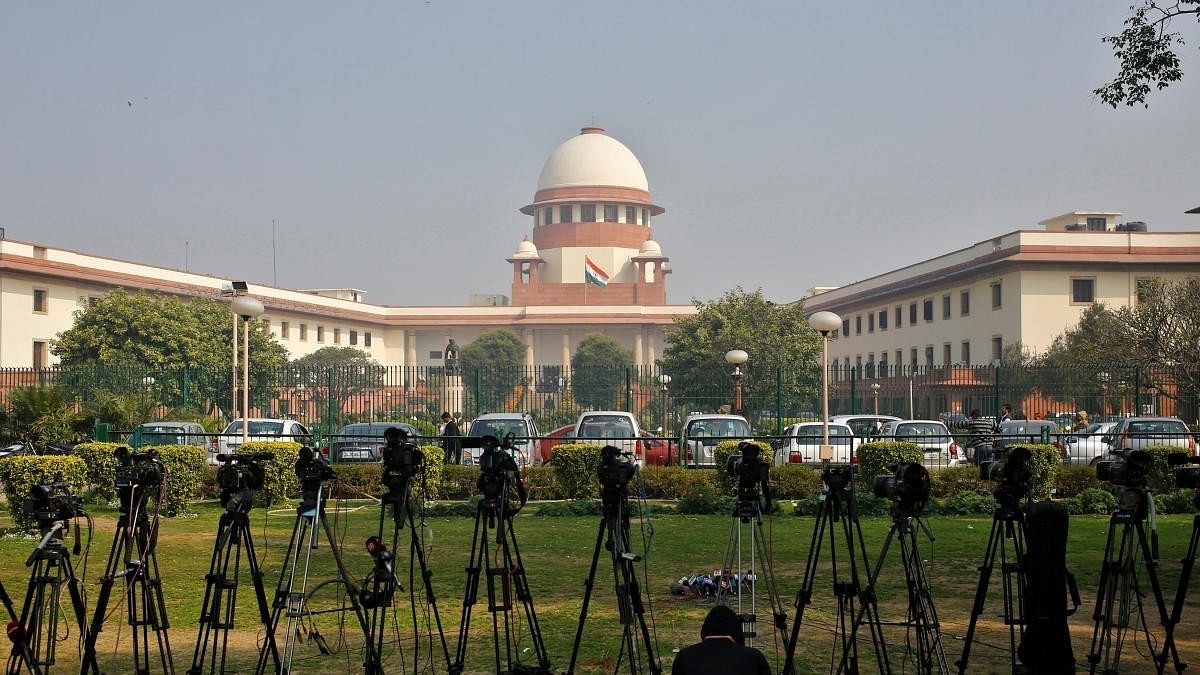
The Supreme Court of India.
Credit: Reuters File Photo
New Delhi: The Supreme Court on Monday extended by two weeks the time granted to the Centre-appointed seven-member expert panel, headed by former Indian Space Research Organisation (ISRO) Chief K Radhakrishnan, to submit its report on NEET-UG reforms following reports of irregularities in the exam conducted by the National Testing Agency on May 5.
A bench of Chief Justice of India (CJI) D Y Chandrachud, and Justices J B Pardiwala and Manoj Misra granted more time after hearing Solicitor General Tushar Mehta for the Centre, who submitted that the deadline for filing the report of the expert committee was ending.
The top court also took into record the fact that the report of the expert panel was almost complete.
In an application, the government asked the court to modify its August 2, 2024 judgment to grant further time for the submission of the report by the committee.
The court had earlier fixed the deadline of September 30 for the committee, in its judgment in a writ petition filed by Vanshika Yadav. It had then rejected the plea for retest of the NEET.
On August 2, the apex court had directed a slew of measures and steps to be taken while conducting the NEET-UG exam to ensure an unbiased, impartial and robust system to make a full proof, free from malpractices and a transparent exam.
In its plea, the government submitted that in compliance and pursuance to the directions passed by this court, the committee held 22 meetings, till September 18, 2024 to evaluate the current challenges, complexities in conducting high-stake examinations, potential risks, as well as security measures involved in the process.
The committee also held consultations with various stakeholders, including online consultations on the MyGov Portal, in which 37,144 responses were received from students, guardians, academicians, experts etc.
It also held physical consultations with exam-conducting agencies, state governments, police officials, regulatory bodies, academicians, students technology solution advisors, global testing experts etc.
In its order, the top court had said, the committee should encompass seven steps to have a robust exam process.
These included having an evaluation committee, having standard operating procedure, reviewing the process of alloting exam centres, processes for enhanced identity checks, CCTV monitoring of exam centres; securing logistic providers for ensuring non-tempering of papers and recommending a robust grievance redressal mechanism.
